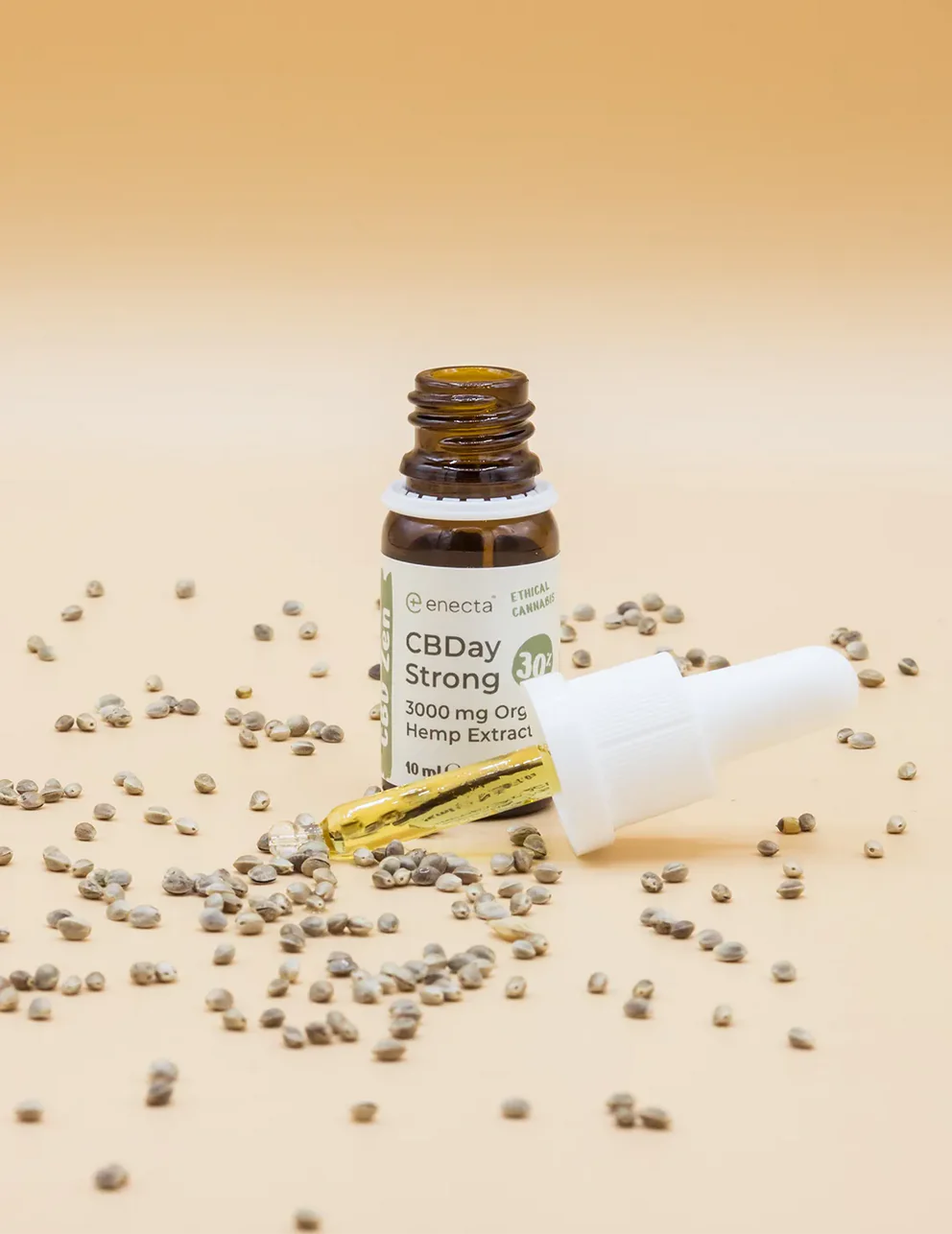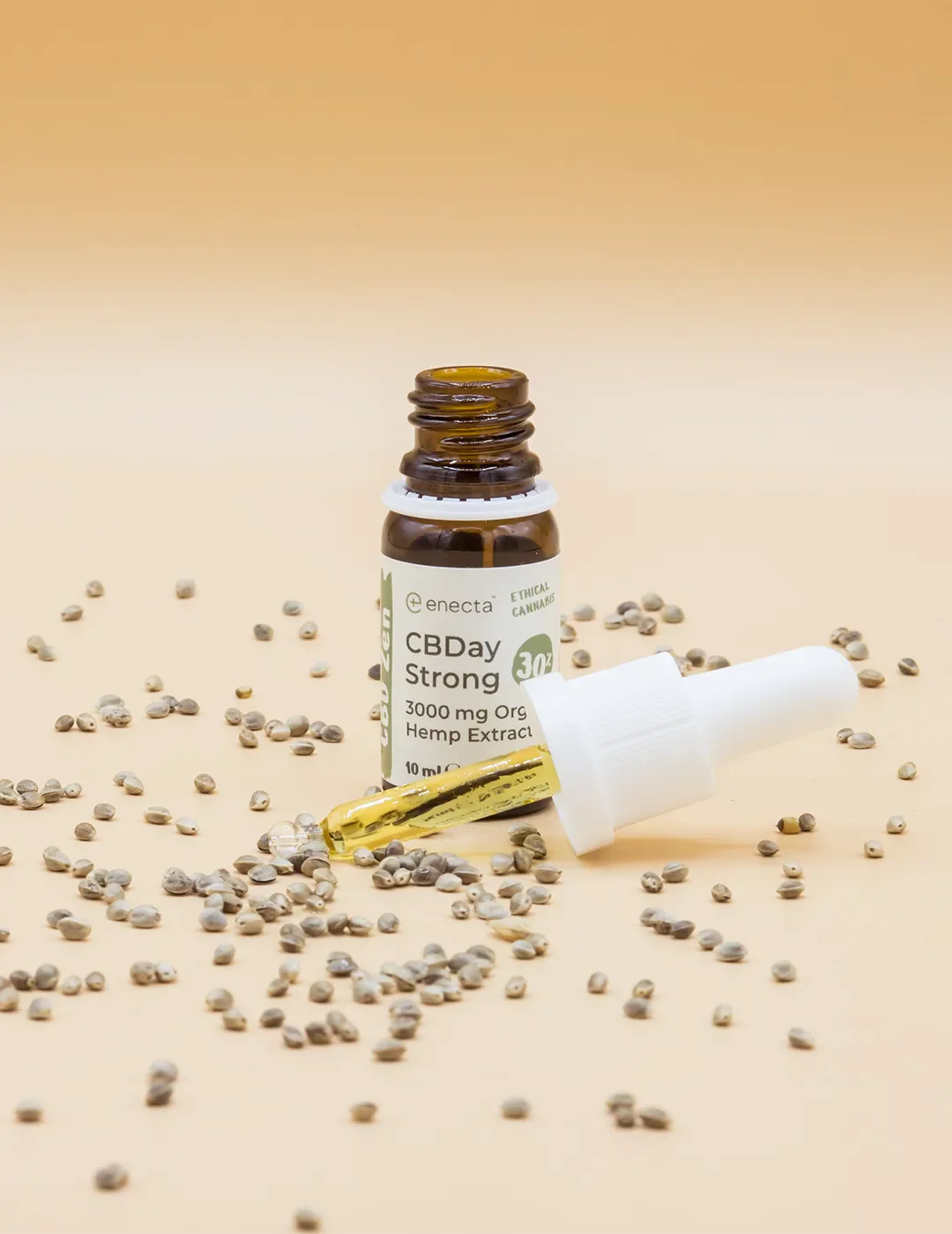Amazing! CBD can lower blood pressure.
This might help you:
Table of Contents
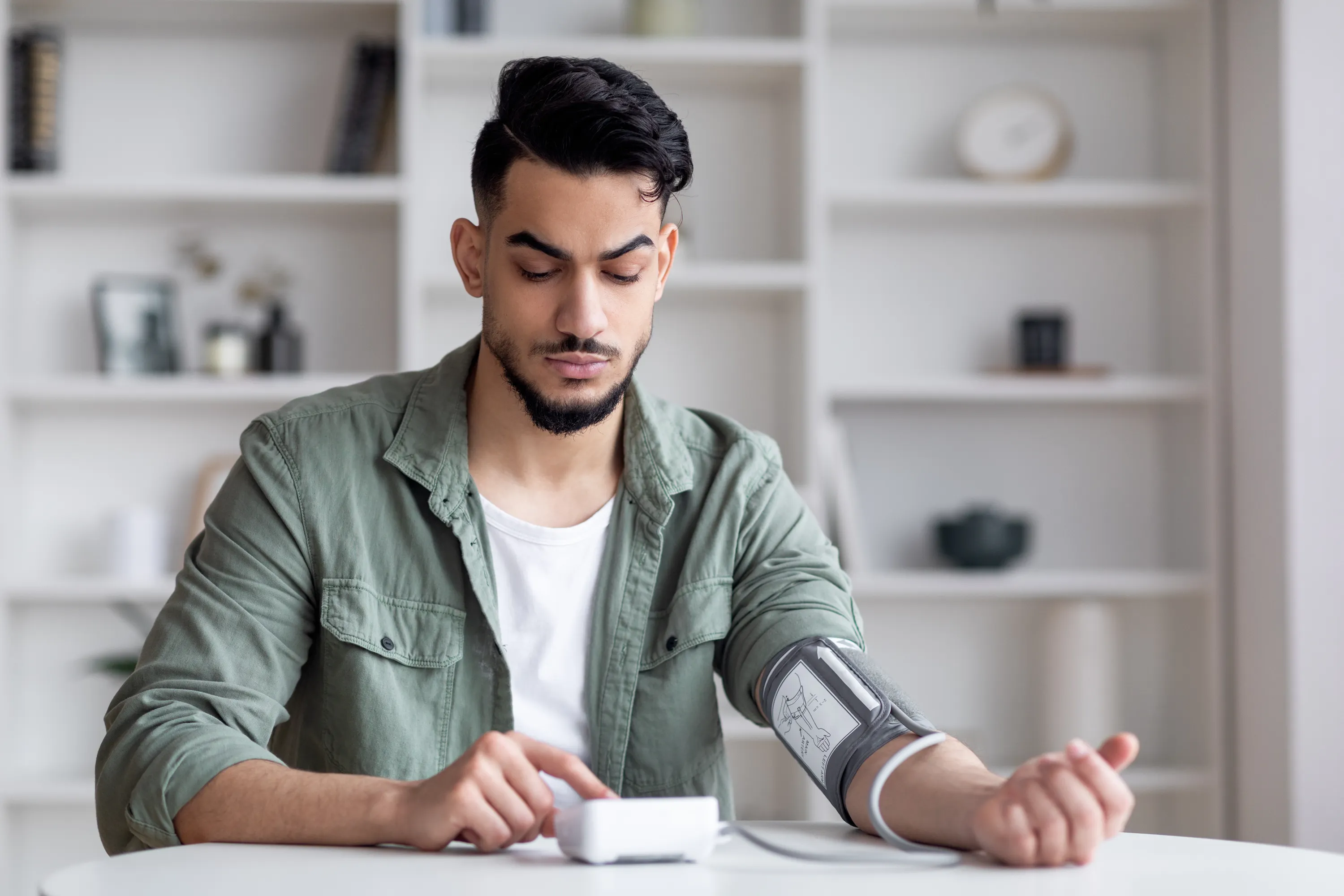
Definition of high blood pressure
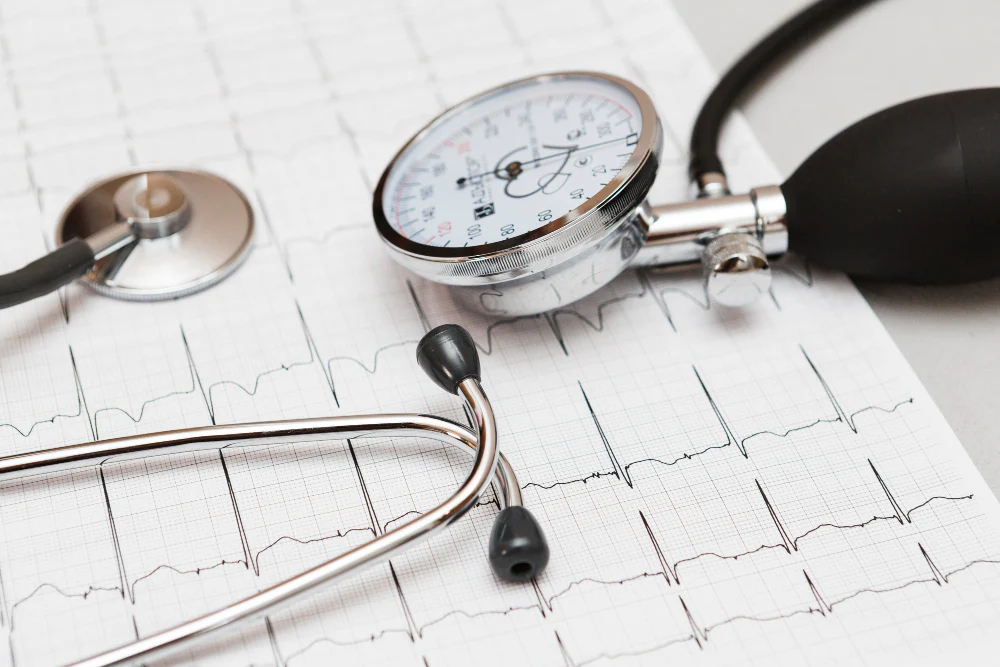
Causes of high blood pressure
High blood pressure symptoms

High blood pressure diagnosis
CBD for high blood pressure
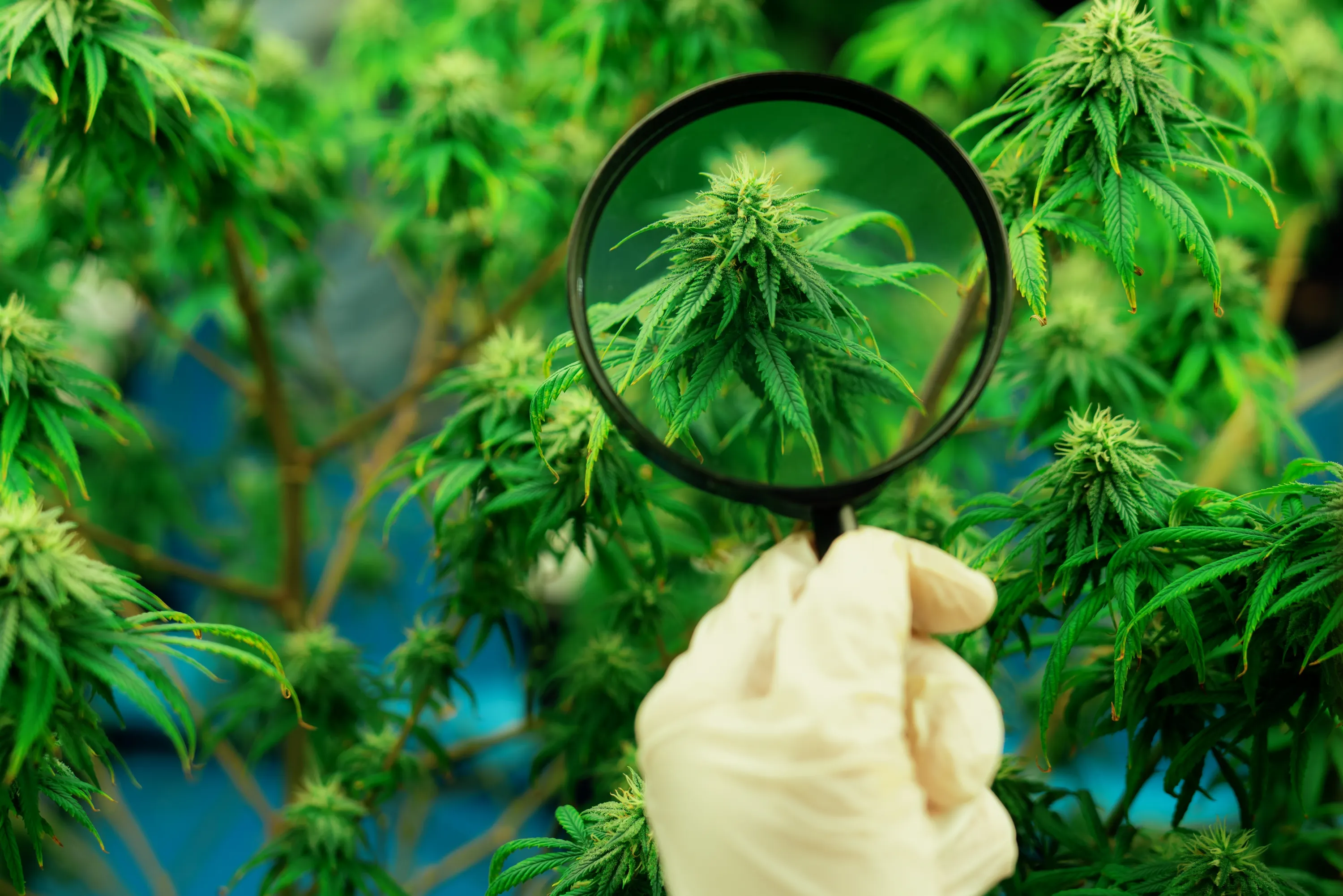
Benefits of CBD for high blood pressure

Does CBD support healthy blood pressure?
CBD for high blood pressure dosage
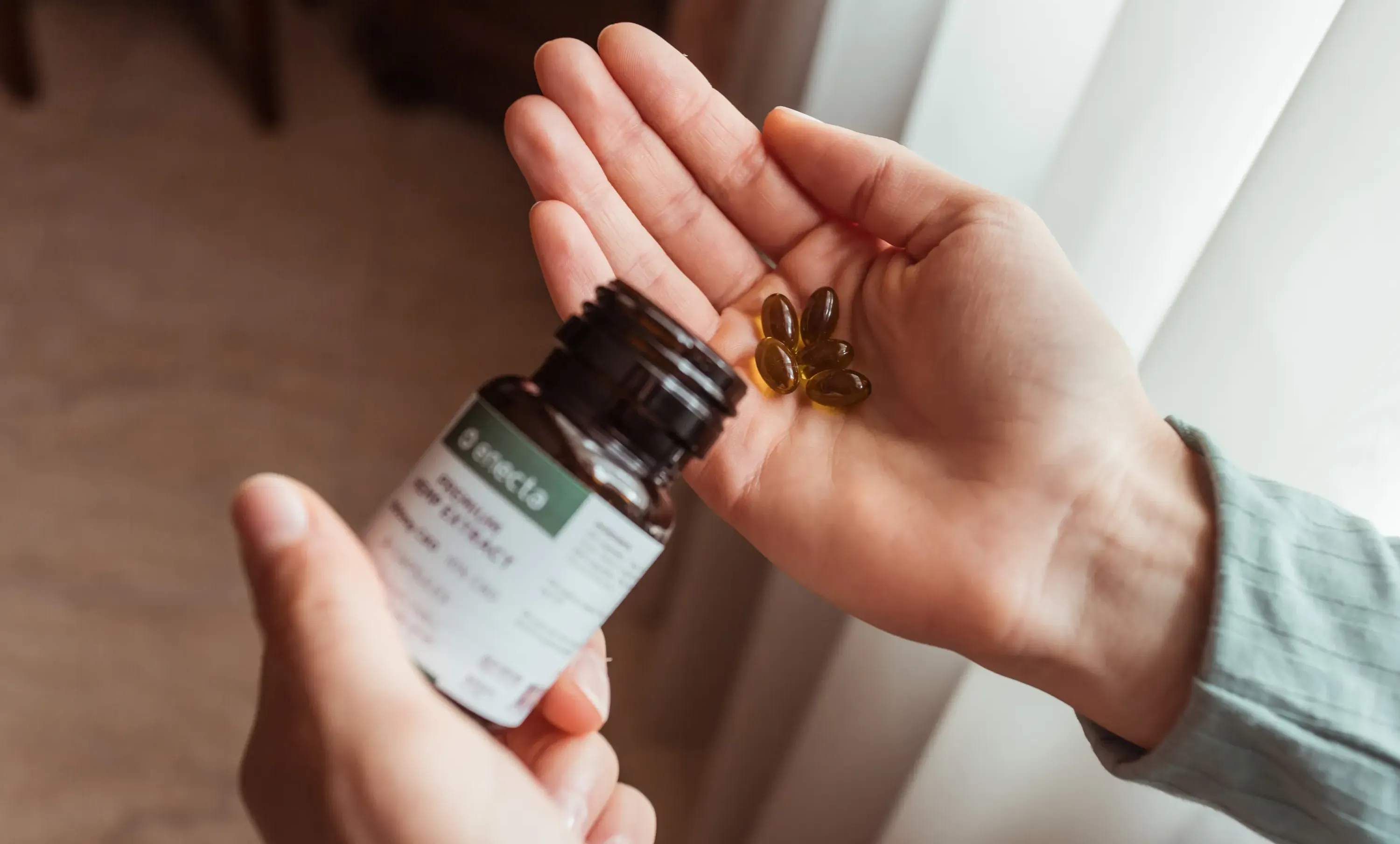
Side effects of CBD for high blood presure
